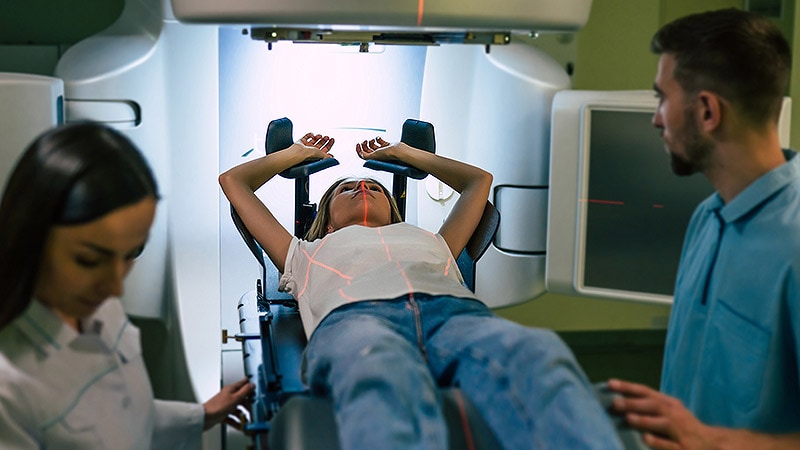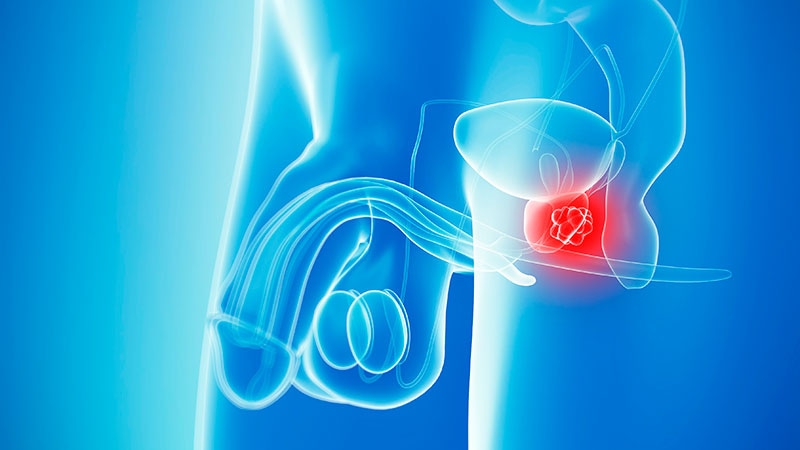Takeaway
- This large observational study suggests that exposure to angiotensin-converting enzyme inhibitors (ACEIs) is not associated with an altered risk for cataract.
Why this matters
- ACEIs showed beneficial effects on cataract development in experimental studies which stand in contrast to the results of a previous observational study, which reported an increased risk for cataract with ACEIs use.
- To date, there is very little evidence to prove that ACEIs use is associated with the risk of cataract.
Study design
- This case-control study evaluated 206,931 cataract cases (age ≥40 years) and equal numbers of matched controls using data from the UK-based Clinical Practice Research Datalink.
- The number of prescriptions for ACEI and other antihypertensive drugs were assessed and the use of single ACEI substances was explored.
- Funding: None disclosed.
Key results
- Use of ACEI was not associated with increased risk for cataract compared with non-use in the analysis for sequential or concomitant use (adjusted OR [aOR], 1.06; 95% CI, 1.04-1.08).
- Risk of cataract did not increase with other antihypertensive drug classes:
- calcium channel blocker (OR, 1.10; 95% CI, 1.08-1.11),
- beta-blocker (OR, 1.07; 95% CI, 1.05-1.09),
- angiotensin receptor blocker (OR, 1.12; 95% CI, 1.09-1.15).
- In the analysis of exclusive use, ACEI users were not at increased risk for cataract compared with non-users of any antihypertensive drugs (aOR 1.13; 95% CI, 1.09-1.16).
Limitations
- Possibility of some controls having early undiagnosed cataract during the study period.
References
References


